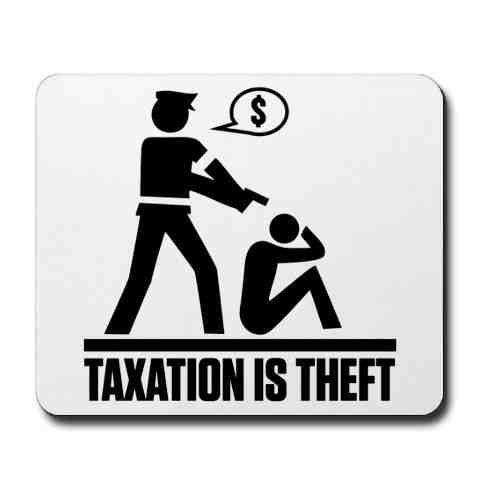My thought during the entirety of Dr. Antony Davies's talk was that coercion kind of sounds like communism. I know that that is kind of a stretch, but it sounds quite similar when he defines it as someone making a decision for you.
The sugary drink example was eye opening to me as a marketing major who closely follows consumer behavior. I am also double majoring in Business Sustainability, and recently had a discussion post assignment about green taxes on carbon emissions and other unsustainable practices. I lean more on the side that taxation does more harm than good, so I automatically raised a flag while my classmates were all for imposing more and more taxes to combat climate change. What these taxes do, and what Dr. Davies explains in the video through multiple examples, is allow companies to raise their prices and take advantage of their customers more. By increasing taxes on carbon emissions, instead of trying to reduce their pollution, they will charge more from their customers to cover the higher tax rates. I proposed a sort of benchmark fee system instead of taxation, which is still super flawed because it is just rewriting a coercive practice into a "better" policy. A company would find some loophole to charge more or get extra money to cover the costs. So, taxation is absolutely NOT the solution to climate change.
I think it is interesting how coercion can, and almost always, produces a totally undesired and almost worse result than the intended response. People can get really creative to resist change and coercion, just like the Mexico pollution license plates on cars example he talked about. Maybe this should be a huge red flag that coercion and government policies and regulations are not productive and the brain power of these people coming up with these policies should be used to solve other issues or develop impactful changes. It also seems like coercion does not support the common good, and might only benefit one side of the transaction.
The government programs that fall under the War on Poverty category made me feel physically ill to see. I am constantly amazed by how much the government gets away with and their lack of care for how shady it all is. This goes back to the Poverty, Inc. documentary we saw a few weeks ago and how to sustainably help those in a horrible financial state.
I am horrified by what I learned in this talk, but I will continue to learn more to be an active citizen and voice my opinions.
